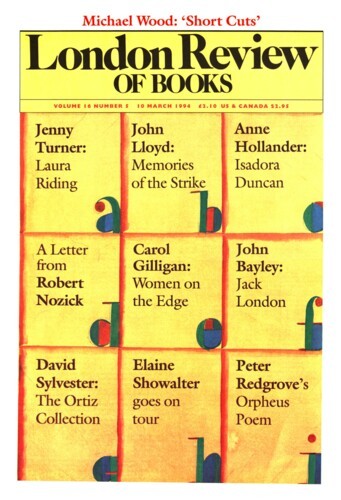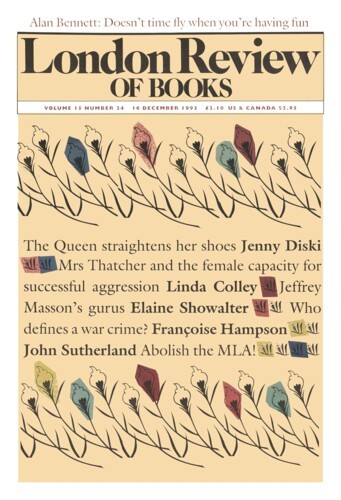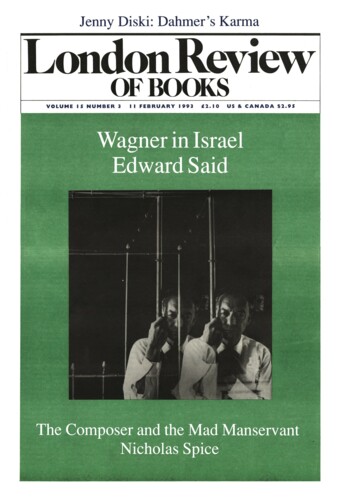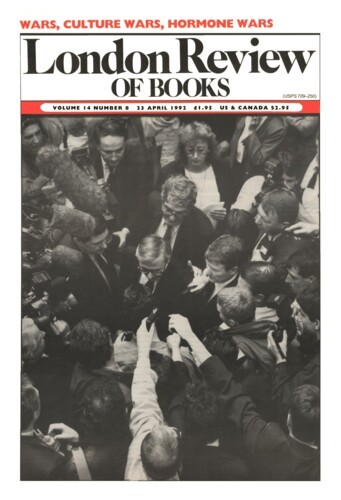Who is hotter than Mary McCarthy? Smarter than Susan Sontag? Funnier than Harold Bloom? Well, if you take her word for it, it’s Camille Paglia, come to set the world straight on the burning issues of our time: tenured radicals, date rape, the aesthetic evolution of Madonna. The self-styled genius and warrior woman seized public attention with her first book, Sexual Personae: Art and Decadence from Nefertiti to Emily Dickinson (1990), a sweeping, Strindbergian analysis of culture as the war of the sexes. But what really made her famous were her attacks on feminism and academia, coupled with her paeans to pop culture. Naming names and kicking butt, Paglia quickly became a media celebrity, who hit the gossip columns when the model Lauren Hutton took her to the National Motorcycle Show in Manhattan, and posed for Vanity Fair in full make-up and a bulging décolletage, her arms around the bare biceps of the two black bodyguards she calls ‘my centurions’. In the introduction to Sex, Art and American Culture, a bizarre grab-bag of book reviews, interviews, transcribed lectures, classroom notes and personal memorabilia, Paglia gleefully provides an annotated bibliography of all the news articles about herself, and attributes her fame to astrological cycles, the Zeitgeist, and a new Age of Aquarius: ‘At the end of the century and the millennium,’ she writes, ‘the culture has suddenly changed … Anti-establishment mavericks like me are back in fashion.’
Who is hotter than Mary McCarthy? Smarter than Susan Sontag? Funnier than Harold Bloom? Well, if you take her word for it, it’s Camille Paglia, come to set the world straight on the burning issues of our time: tenured radicals, date rape, the aesthetic evolution of Madonna.




